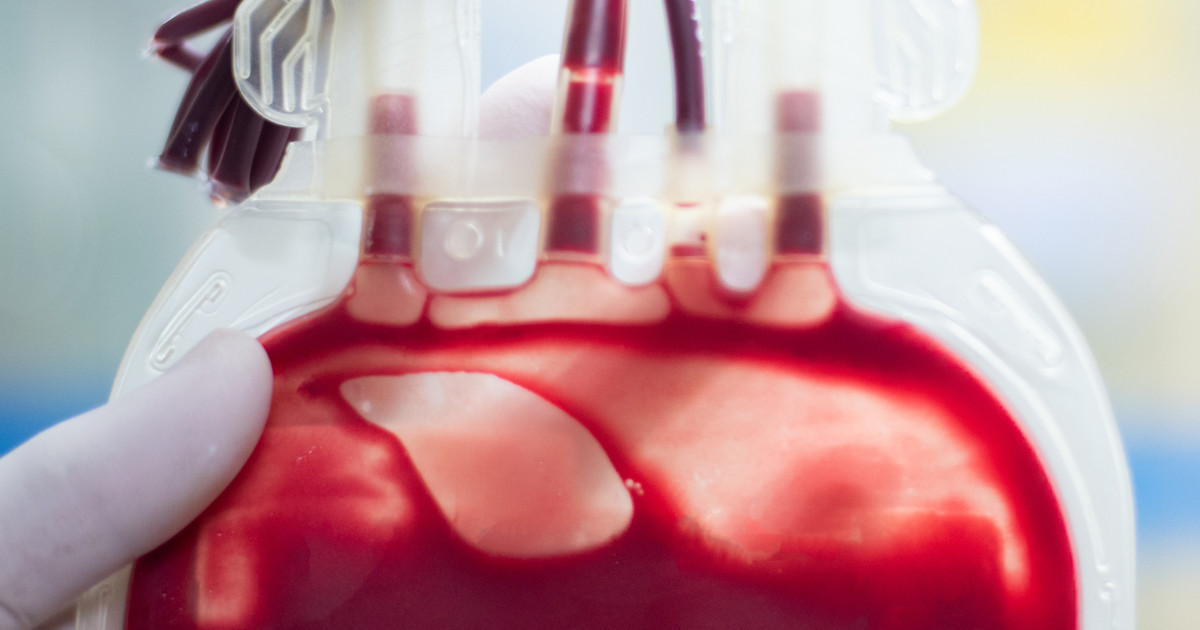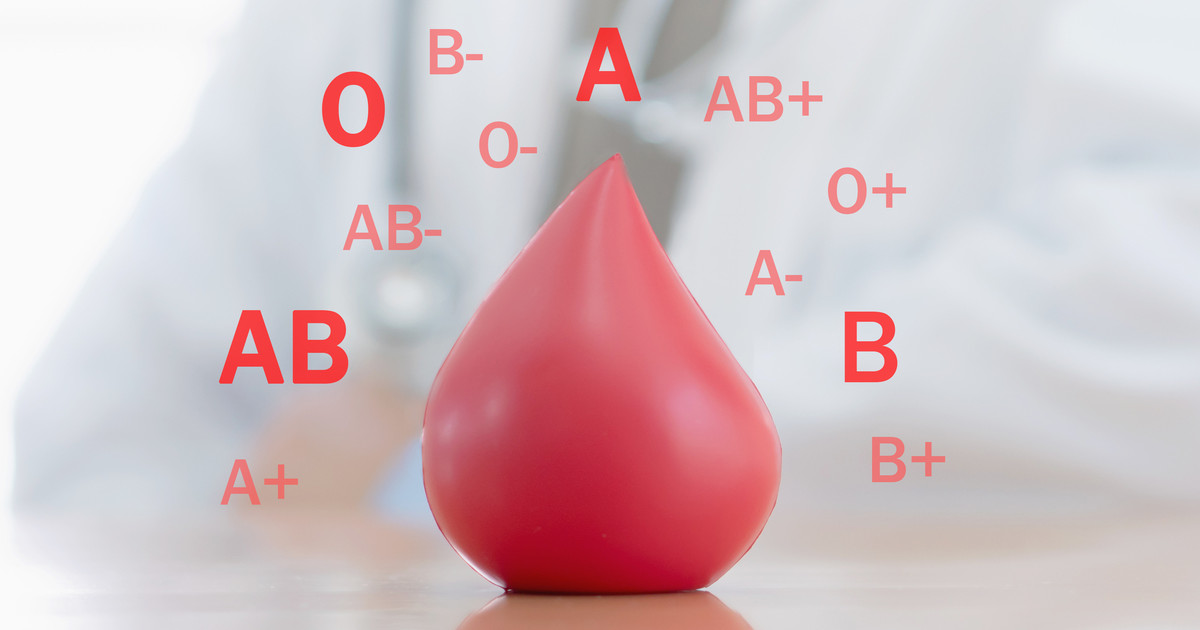10 Mind-Blowing Blood Type Secrets Your DNA Doesn't Want You to Know
7. Golden Blood (Rhnull)

The Rhesus factor is what allows blood to be categorized as either positive or negative. However, it is worth noting that the Rhesus factor is referring to a specific antigen, and the Rhesus system has sixty-one antigens. As mentioned, having the Rhesus factor, the specific antigen, means that an individual's blood type (O, A, B, or AB) is positive. Not having this antigen means that their blood type is negative. Both of these are fairly common, especially when golden blood is considered. Golden blood is the term given to Rhnull blood. Rhnull blood means that an individual's blood does not contain any of the sixty-one antigens in the Rhesus system. This blood type is extremely rare. Doctors used to believe that babies with this blood type would not make it out of their mother's womb. In fact, evidence indicates that only forty-three individuals worldwide have been reported to have this blood type. There are only nine active donors with Rhnull blood.
8. Why Blood Type Is Vital

Everyone needs to know their blood type. As mentioned, blood is used in many ways. This includes during surgery, blood transfusions, and organ transplants. However, individuals need to receive the correct type of blood for these procedures to go well. Receiving incompatible blood can be fatal. Thus, patients should know their blood type so that they can communicate this information with their doctor. Individuals also need to know their blood type so that they know their donor type. In many instances, organizations that handle blood donations will put out a call for specific types of blood. In natural disasters and other emergencies, the call is for universal donors in particular. These organizations will also put out a call when they are short on specific blood types. Finally, patients need to know their blood type so that they can make a better health plan with their doctor. For women, this includes planning a healthy pregnancy. Other examples of why blood type is vital for health planning is that type AB blood carries a higher risk of stroke and type A blood is a risk factor for stomach cancer. However, it is worth noting that type O blood has a low risk for type 2 diabetes and heart disease.
